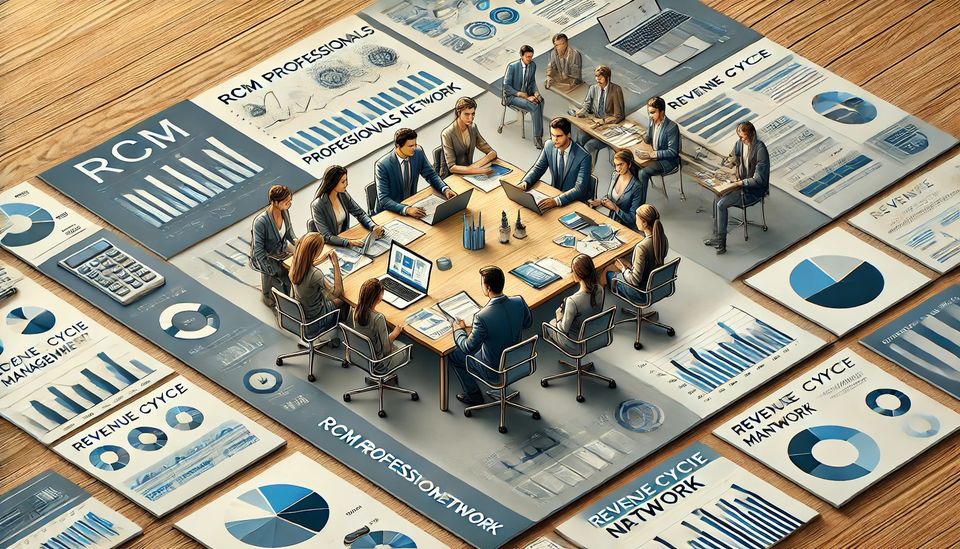Electronic Medical claim vs Paper claims
For years, both practices and patients have had to deal with submitting medical claims. Up until recently, claims were submitted manually, using HCFA 1500 forms. An electronic medical claim allows the submission process to take place online.
The electronic medical claim is nothing new, but it is perhaps a somewhat unsettling idea to many practices and patients because of one question which continually surfaces in the minds of both parties: Is submitting an electronic medical claim safe?
Security Addressing the issue of safety first, it is understandable the hesitancy to submit medical claims electronically. First of all, the internet is still a relatively new tool which many Americans are still getting the hang of, especially as the generations go back further.
Rest assured, submitting an electronic medical claim is secure. With the advance of online technology comes the advance on online security. The electronic billing software enables back ups as well as security clearance so that only authorized viewers have access to electronic medical claim records.
Compliance The servers use HIPAA compliant software with each claim, assuring additional security and responsiveness throughout the claim cycle. In addition to maintaining HIPAA compliance, electronic medical claim software complies with HCFA 1500 guidelines. Everything transmitted over the internet meets the same compliance standards as the manual claim system.
Simplicity In addition to security and compliance, I have to add that electronic medical claim software can boast simplicity in its processing of claims. Too often a practice has to struggle to get the modem system to function at the end of the day. They also have to compete with countless other practices submitting the end-of-the-day claims across their modems.
The electronic medical claim system allows practices to simply sign on to an online account, prepare, and submit claims, using a secure and compliant system.
Response Another concern that is shared by practices and patients alike is the slow response of claims. Reimbursements and claims generally have a slow turn around time, and both parties tend to have to wait to see them posted.
In the electronic medical claim system EOB posting is automatic. There is no longer any need to wait around for the EOB to arrive in the mail. Accuracy increases and wait time decreases with the electronic remittance.
In an effort to provide a type of “preventive medicine” for medical practices, practices might consider a more responsive, simpler, and more secure, yet still compliant process for submitting medical claims. The electronic medical claim software has proven its effectiveness among many practices and will certainly create a more efficient claim submission system for your office.

